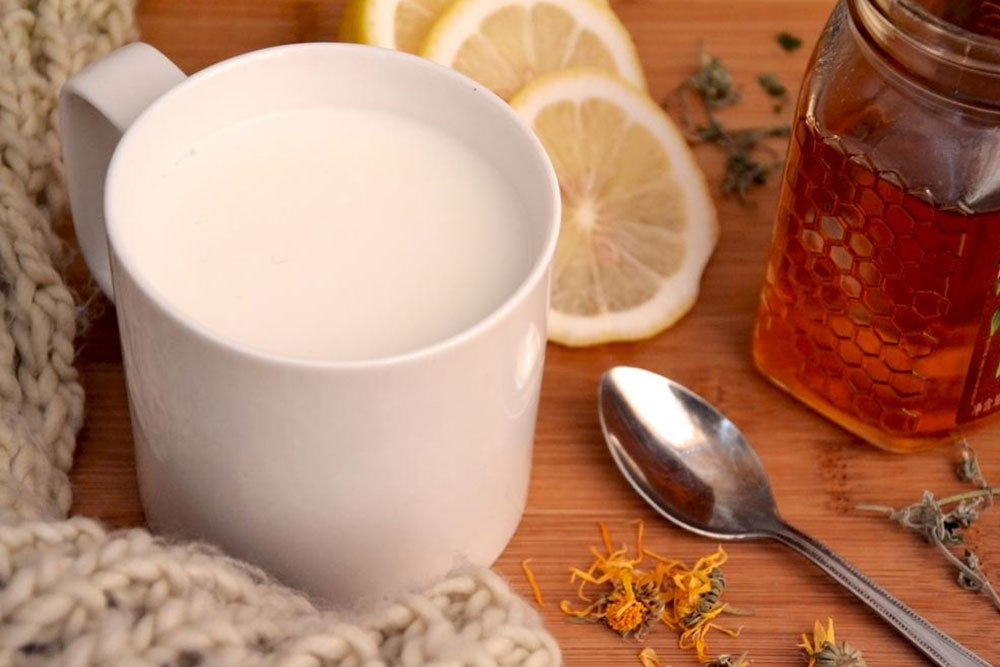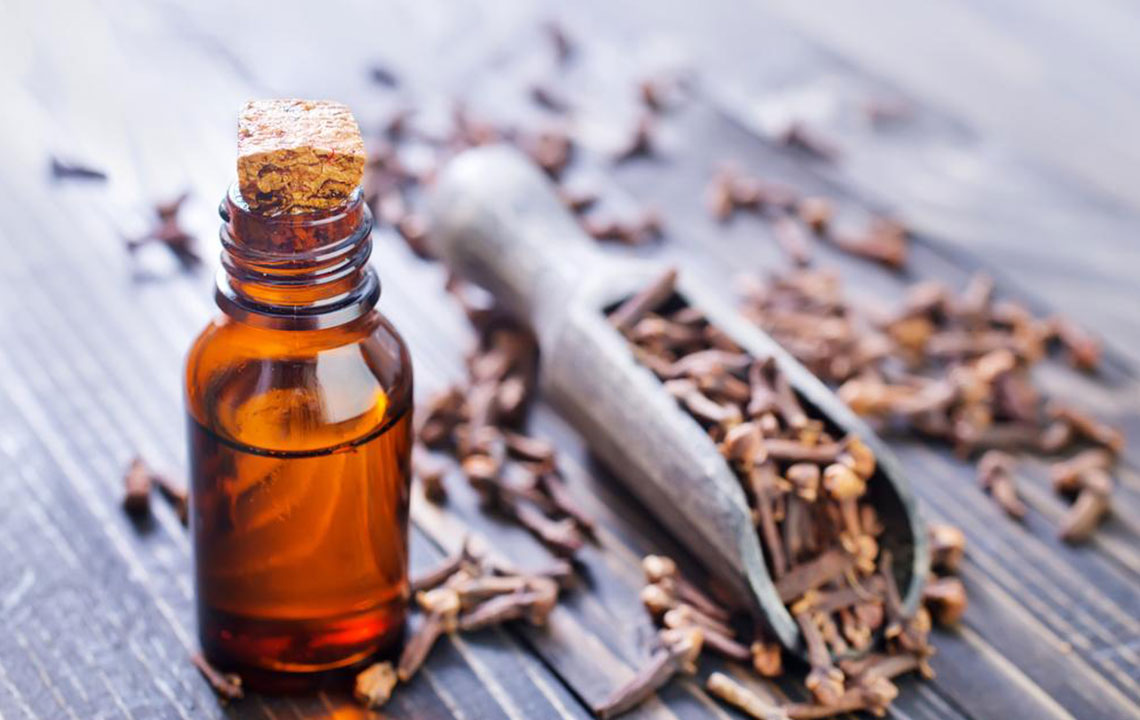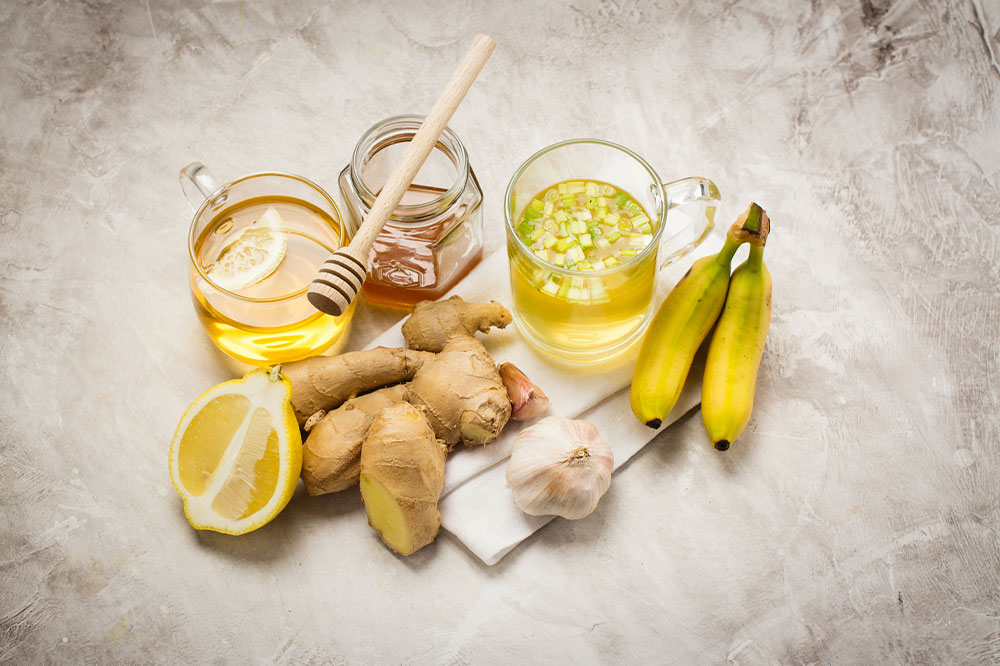Effective Strategies for Managing Migraine Pain
Learn effective lifestyle and home remedies to manage migraines naturally. Discover dietary tips, supplements, and habits that can help reduce attack frequency and severity, emphasizing personalized approaches for relief and prevention.

Effective Strategies for Managing Migraine Pain
A migraine is a neurological condition characterized by intense, often disabling headaches. It may also cause nausea, light and sound sensitivity, and pain behind the eyes. Though similar to a typical headache, migraines involve various specific symptoms. The International Headache Society classifies different types of migraines, which can be diagnosed through symptom tracking and tests like MRI or eye examinations. Several home remedies can help alleviate migraine symptoms.
Since there is no universal cure for migraines, treatment approaches should be personalized. Caffeine may help by blocking specific receptors linked to migraines and is often combined with medications. However, excessive caffeine can lead to rebound headaches, so moderation is key. Drinking strong coffee can sometimes halt an attack. Tea contains caffeine as well, with green tea and chamomile tea offering relief for some individuals.
Hydration is crucial; drinking enough water helps prevent migraines. Aim for half your body weight in ounces daily.
Several vitamins and minerals contribute to migraine prevention. Increasing magnesium intake through leafy greens, nuts, and seeds is beneficial. Vitamin B-2 (400 mg daily) has shown promise in reducing attacks. The herb butterbur is believed to decrease spasms and inflammation, but consult a healthcare provider before use, especially if pregnant. Vitamin D, sourced from foods like eggs, cheese, and oily fish, may lower migraine frequency, especially in deficient individuals.
Medical marijuana has been reported to reduce migraine intensity in some cases by alleviating symptoms such as nausea and muscle spasms. Ginger, available as tea or powder, is effective against nausea and inflammation associated with migraines. Fish oil, rich in omega-3 fatty acids, helps reduce inflammation and head pain. Adopting a gluten-free diet can help migraine sufferers sensitive to gluten by eliminating triggers like oats, rye, and barley. Maintaining hormonal balance with exercise and ensuring proper rest and hydration are also vital. Avoiding scented products helps prevent chemical triggers. Overall, managing triggers and lifestyle adjustments are key, as medication alone does not eliminate migraines.










